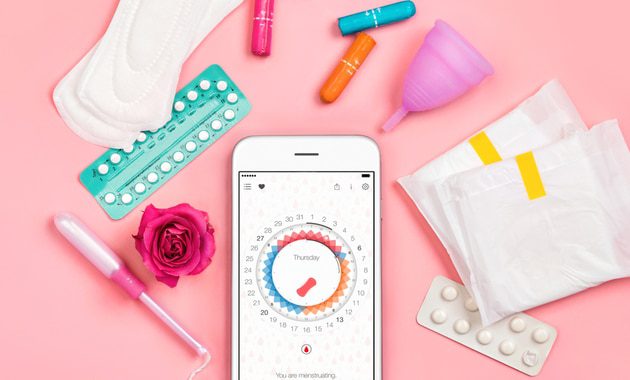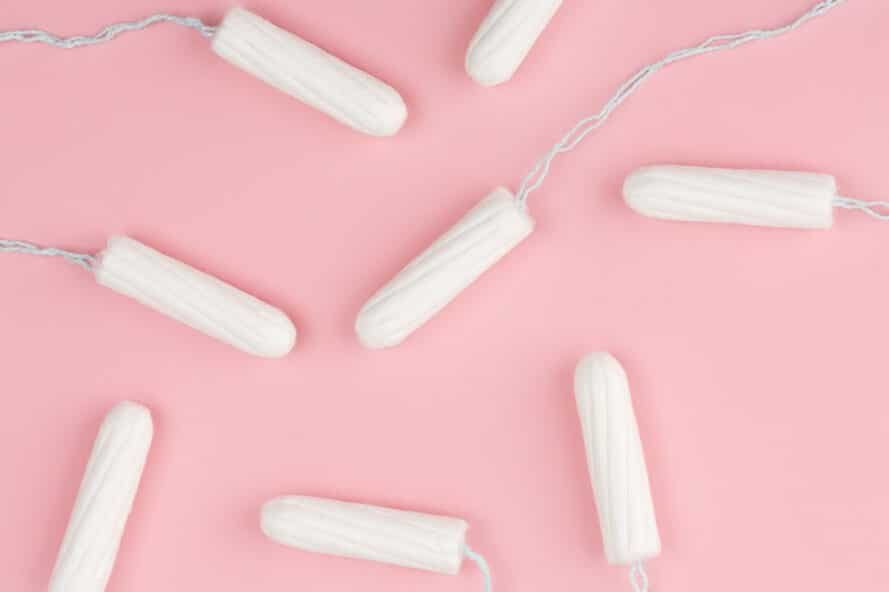95% of women are currently worried about the impact of the cost of living on their finances, while one in five has been unable to afford period products as a direct result of the crisis. These are just some of the shocking statistics Citron Hygiene discovered in recent research. With little to no UK government intervention and 93% of adults reporting an increase in the cost-of-living over the past year, the numbers of people experiencing period poverty could rise even more. At Citron Hygiene, we wanted to delve deeper into how the cost-of-living crisis is affecting period poverty in the UK and highlight ways businesses can help.
Table of Contents
What is period poverty?
Period poverty describes the struggle that people who menstruate face when trying to afford essential period products. Even though menstruation is a normal and natural part of life, astonishingly 500 million people globally will experience period poverty every month, and this number is expected to increase due to the cost-of-living crisis.



What is the cost-of-living crisis?
The term cost-of-living is a measure used by economists to determine how much money is needed for someone to live an average quality of life while paying for food, taxes, housing and other necessities. This measure is adapted year by year due to changes in inflation and taxes. The UK consumer price index, which is a tool used to measure living costs is currently up 9% from a year ago (data accurate as of December 2022), showing the increase in price for goods, electricity, food, heating and housing.
What has caused the cost-of-living crisis in the UK?
The cost-of-living crisis has been exacerbated by short-term factors such as the pandemic, the Ukraine War, and low productivity growth.
People drastically cut back on their spending during the pandemic which resulted in a fall in inflation. However, when restrictions were lifted in 2021, households were able to start spending the money they had saved during the pandemic which led to a significant rise in aggregated demand. Unfortunately, many firms were unable to deal with this quick surge of demands due to staff layoffs and having to make significant cutbacks to survive the pandemic.
In addition to increased demand for products and utilities, the Ukraine War began, which caused less global product movement resulting in prices rising.
The cost of living has contributed to many people having to choose between necessities such as food and heating their homes, or buying essential period products.
The cost-of-living and period poverty
It is hard to ignore the impact that the cost-of-living crisis is having on period poverty. There has been reports of large increases in demand for free sanitary products since the first quarter of 2022. The charity Bloody Good Period reported a 78% increase in the need for free period products within that time frame.
As such 63% of women are already unable to afford the products they require to manage their periods and 62% have cancelled their plans due to not having the adequate sanitary protection they need.



By location
It’s not surprising that the cost-of-living crisis is affecting people differently depending on their location due to the price inflations from county to county. For example, 26% of people from London have been unable to afford menstrual products compared to 13% of people in Northern Ireland.
Our data also revealed the difference in business hygiene standards in various locations. 42% of those from London reported that they often witnessed dirty and overflowing sanitary hygiene bins compared to just 36% of people from York. Additionally, 14% of people in the North West reported that they often find themselves in washrooms with no sanitary bin provided, with this figure rising to 28% in York and 33% in London. The lack of sanitary hygiene has caused 14% of Londoners to take their sanitary waste home with them yet only 9% of East England residents have had to do the same. While it’s clear that sanitary hygiene standards and affordability vary depending on your location in the UK, everyone should be able to access period products and safe washroom facilities, no matter where they are.
By age
39% of 18-24-year-olds have found themselves in an establishment where there was no access to a paid period vending machine, and just 20% in the same age range have been lucky enough to find a business with free period products available. In the 25-35 and 35-44-year-old age ranges, only 11% have come across free period products in away-from-home washrooms. This suggests that not enough businesses are enabling people to access period products when they need them most.
Unfortunately, 47% of 25–34-year-olds and 28% of 18-24 year-olds we surveyed have been unable to afford period products due to the cost-of-living. These figures may not come as a surprise considering that individuals between the ages of 18 and 28 make on average £9,000 less per year than those in a higher age bracket. Yet people in older age brackets have had to go without too. 12% of 45-50-year-olds surveyed said they were unable to afford products. Menstruation affects people from the ages of 12-60 so it’s vital that all menstruators, no matter their age can access period products wherever they are.
Support period dignity in your washroom
Provide free menstrual products to your staff & customers
How can businesses support employees and visitors
Those that menstruate will agree that periods are not always as regular as clockwork. 87% of women we surveyed started their periods while they were away from home yet 68% have been unable to access to period products when needed. By providing period products in washrooms, your business or facility can enable menstruators to continue their daily activities without worrying that they won’t have access to what they need in an emergency.
The good news is that all businesses can play their part in providing free period products with the help of Citron Hygiene and Aunt Flow. Citron Hygiene has partnered with Aunt Flow to provide free-vend period product dispensers for businesses across the UK.
Support staff and customers who may be struggling with the cost of living and make sanitary products accessible in the same way toilet paper and soap are. Start the conversation with Citron Hygiene today.

